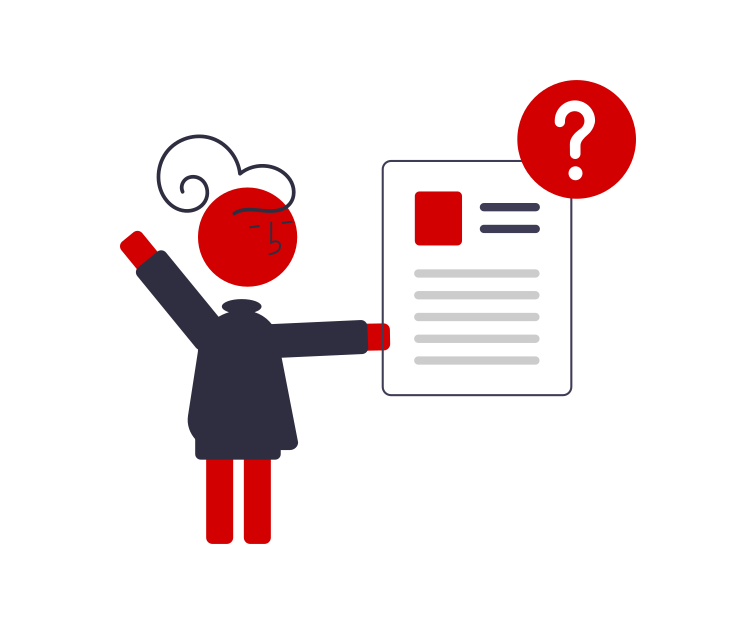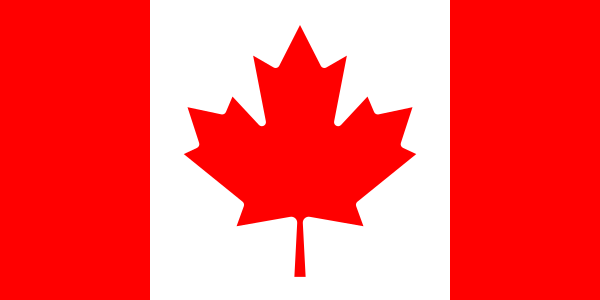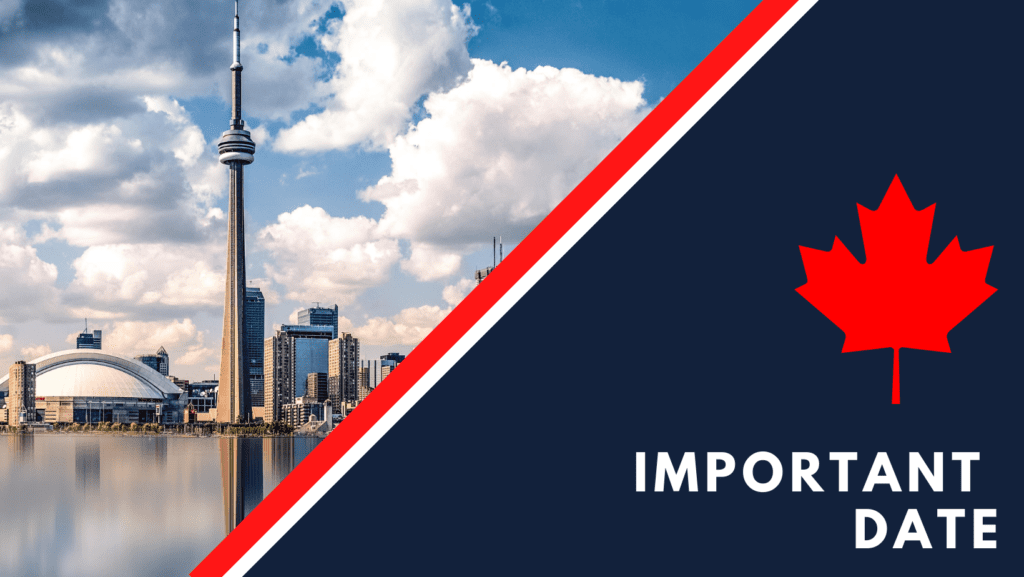Canadian Citizenship Practice Test 3
Canadian Citizenship Practice Test
Try our free online practice tests. Our website is designed to help you prepare for and pass your Citizenship Test
How is the citizenship test in Canada?
The Canadian citizenship test is a 30-minute exam comprising 20 multiple-choice and true/false questions. Applicants must correctly answer at least 15 questions to pass. The test evaluates knowledge in several areas:
- Rights and Responsibilities: Understanding Canadian citizens’ rights, including voting and legal rights.
- History: Key historical events and significant figures in Canadian history.
- Geography: Knowledge of provinces, territories, and major cities.
- Political System: Structure of the federal, provincial, and municipal governments.
- Economy and Symbols: Basic information about Canada’s economy, cultural symbols, and national identity.
The test is available in English or French. The official study guide, “Discover Canada: The Rights and Responsibilities of Citizenship,” is the primary resource for preparation. Some applicants, such as those over 55 or children under 18 applying with a parent, may be exempt. Results are typically provided on the same day, and those who fail can retake the test.
Is it hard to get Canadian citizenship?
Obtaining Canadian citizenship involves a structured process, but whether it’s hard depends on individual circumstances and preparation. Here are the main requirements and challenges:
Requirements for Canadian Citizenship
- Permanent Resident Status: Applicants must be permanent residents of Canada.
- Residency Requirement: Must have lived in Canada for at least 1,095 days (three years) out of the last five years before applying.
- Income Tax Filing: Must have filed taxes for at least three years within the five-year period if required under the Income Tax Act.
- Language Proficiency: Must demonstrate adequate knowledge of English or French, typically through language tests.
- Knowledge Test: Must pass the Canadian citizenship test, which assesses knowledge of Canada’s history, values, institutions, and symbols.
- Good Character: Must not have a criminal record or be under a removal order.
Challenges
- Residency and Physical Presence: Meeting the residency requirement can be challenging for those with frequent travel or extended stays abroad.
- Language Proficiency: Demonstrating adequate language skills in English or French can be a hurdle for non-native speakers.
- Citizenship Test: Some find the knowledge test challenging, though thorough preparation with the “Discover Canada” study guide helps.
- Application Process: The application process involves gathering and submitting extensive documentation, which can be time-consuming and complex.
Tips for Success
- Prepare for the Test: Use the official study guide and take practice tests.
- Maintain Records: Keep detailed records of your time in Canada, including travel dates, to prove residency.
- Improve Language Skills: Enroll in language courses if necessary to meet proficiency requirements.
- Understand the Requirements: Thoroughly review all eligibility criteria and ensure you meet them before applying.
Overall, while the process can be rigorous, with proper preparation and understanding of the requirements, many find it manageable.
Do you take a test to become a Canadian citizen?
Purpose of the Test
The citizenship test assesses the applicant’s knowledge of Canada, including:
- Rights and Responsibilities of Citizens: Understanding the legal rights and responsibilities of being a Canadian citizen.
- Canadian History: Knowledge of significant historical events and figures.
- Geography: Understanding the geography of Canada, including provinces, territories, and major cities.
- Political System: Familiarity with the structure of the Canadian government at federal, provincial, and municipal levels.
- Canadian Symbols and Culture: Recognition of important national symbols and cultural practices.
Test Format
- Type: Primarily a written test, but can also be conducted orally under certain conditions.
- Questions: 20 multiple-choice and true/false questions.
- Time Limit: 30 minutes.
- Passing Score: Applicants must correctly answer at least 15 out of 20 questions.
Preparation
- Study Guide: The official study guide, “Discover Canada: The Rights and Responsibilities of Citizenship,” covers all topics included in the test.
- Practice Tests: Available online to help applicants familiarize themselves with the test format and question types.
Language Requirement
The test is offered in English or French, and applicants must demonstrate proficiency in one of these languages.
Exemptions
Some individuals may be exempt from taking the test, such as:
- Applicants aged 55 and older.
- Children under 18 whose parent or guardian is also applying for citizenship.
Test Day
- Identification: Bring proper identification, including the permanent resident card.
- Additional Documents: Any other documents specified in the test notice.
Post-Test
- Results: Typically provided immediately after completing the test.
- Retakes: If an applicant fails, they are given another opportunity to take the test. A second failure may lead to a hearing with a citizenship officer.
Taking the Canadian citizenship test is a crucial step in the naturalization process, ensuring that new citizens have a basic understanding of Canada’s history, values, and responsibilities.
How many times can you take the Canadian citizenship test?
In Canada, individuals are typically allowed to take the citizenship test up to three times. Here’s a breakdown of the process:
First Attempt: If you fail the citizenship test on your first try, you will be given a second opportunity, usually within a few weeks or months.
Second Attempt: If you fail the test again on your second try, you will be scheduled for a hearing with a citizenship judge or an official. This hearing will involve an oral test to assess your knowledge of Canada and your language abilities.
Hearing with a Citizenship Judge: During the hearing, the judge will ask you questions orally. If you pass this oral test, you will proceed with your citizenship application. If you fail, you will need to reapply for citizenship and start the process over.
This means that while you can take the written test twice, if you fail both attempts, you still have one more chance in the form of an oral test with a citizenship judge.

Before trying our test we recommend you read Study Guide – Discover Canada once and try our test. It will help you understand better and do well on our Practice Quiz



